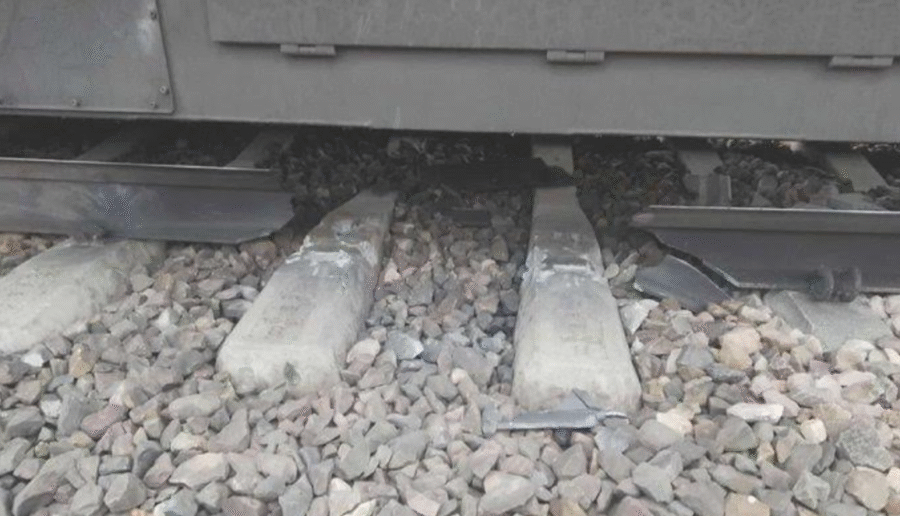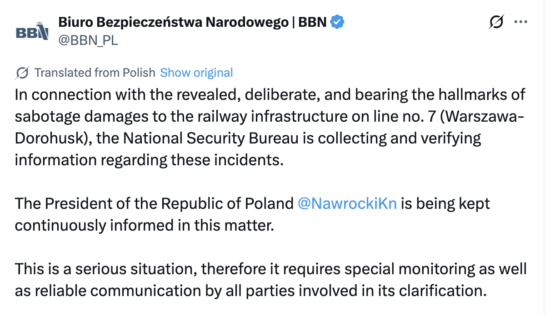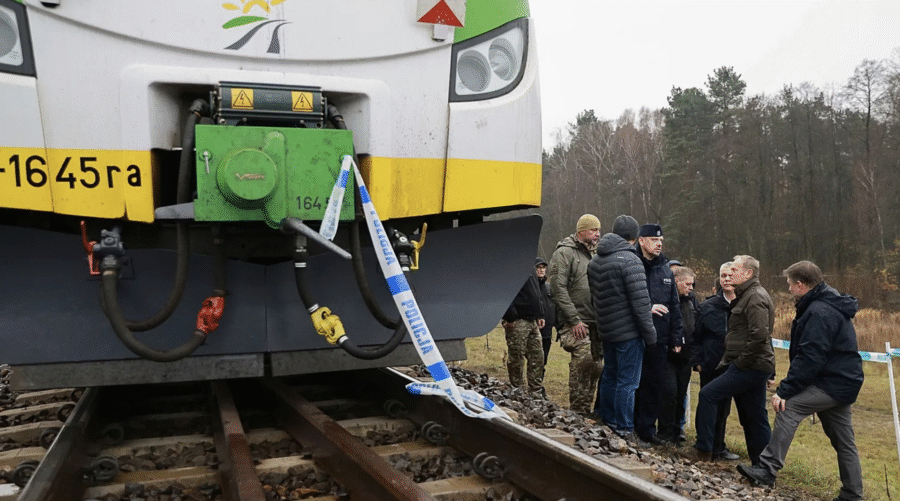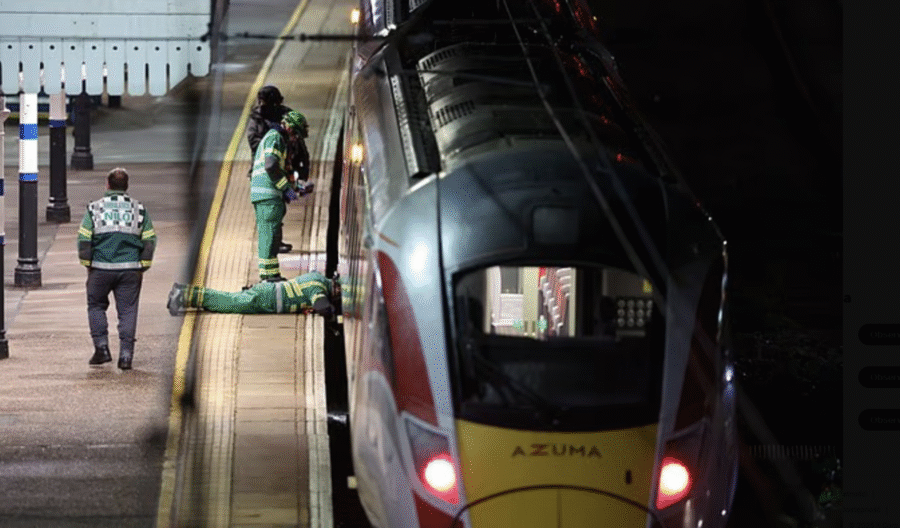NATO’s Secretary General, Mark Rutte, said on Monday that he is in touch with the Polish authorities following an explosion that damaged a section of railway track in eastern Poland. He added that NATO Headquarters is “awaiting the outcome of the investigation”. The head of the Polish Army, General Wiesław Kukuła, said the act of sabotage on the Warsaw–Lublin railway line is a sign of preparations for war. Security services and the military are involved in the case and are examining the incident’s background.
Rutte’s remarks referred to an incident on the Warsaw–Lublin line, where a stretch of track was blown up early on Sunday.
The alarm was raised by the driver of a morning passenger service, who reported irregularities on the line near the village of Życzyn in the Garwolin district, close to Mika station. Initial checks by Mazovian police confirmed that part of the track had been damaged, forcing the train to stop.
Prime Minister Donald Tusk visited the site on Monday morning. In a video statement provided to PAP by the Centre for Government Information, he described what he saw as extremely serious.
“We’re standing at the site of the explosion not far from Garwolin, close to Mika station – an explosion which most likely aimed to blow up a train travelling between Warsaw and Dęblin,” Tusk said. He called the incident an act of sabotage, adding: “Fortunately, no one was hurt, but the matter is extremely grave.”
“The adversary has begun preparing for war. They are creating an environment intended to undermine public trust in the government and in institutions such as the armed forces and the police. The goal is to establish conditions favourable to a potential act of aggression on Polish territory,” said head of the Polish General Staff, General Wiesław Kukuła.
According to the prime minister, police officers, organised crime specialists, prosecutors, and technical experts are now examining every detail of the blast. He also revealed that a similar attempt may have occurred further south-east along the same line, where damage to infrastructure suggested another effort to destabilise rail traffic. Such an attack, he said, could likewise have led to a major train disaster.
Tusk later wrote on X that the deliberate destruction of the Warsaw–Lublin railway line was “an unprecedented act of sabotage targeting the security of the Polish state and its citizens”.
“A blast that damaged railway infrastructure marks a dangerous escalation in sabotage threats targeting not only train routes but also broader critical infrastructure,” retired Navy Commander Artur Bilski told PAP, commenting on the recent incidents.
According to Bilski, the attack represents a new level of threats, particularly as the Warsaw–Lublin line is used for transporting supplies to Ukraine. He warned that the incident suggests Russia has operational support networks inside Poland and may seek to expand them, drawing on the large wave of migration from beyond Poland’s eastern border.
He stressed that the risk of sabotage in Poland is likely to grow. Railway infrastructure, he noted, is an “easy target” due to its vastness and the difficulty of monitoring it comprehensively. At the same time, a broad range of critical infrastructure remains vulnerable, particularly to drone attacks launched from within Poland and challenging to detect, he added.
An investigation is underway.
Photo: X @MarcinDybo88324
Tomasz Modrzejewski










